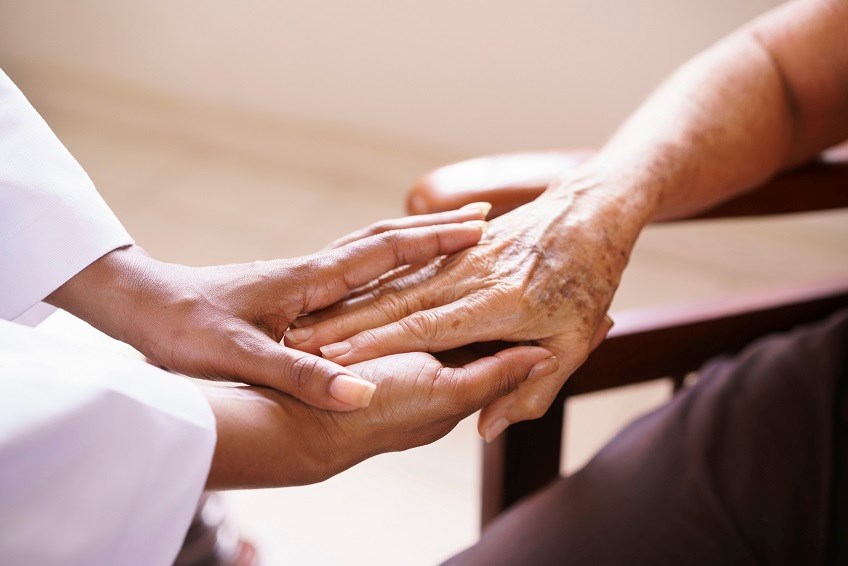Liina McNeil of the Burnaby Hospice Society has witnessed firsthand the strain the end-of-life journey can have on individuals, families and caregivers. So whenever the counsellor sees anyone in her community struggling with it, she is compelled to do what she can to help them through the process.
“We provide a free weekly workshop series about the end-of-life journey,” says McNeil, a long-time counsellor. “The initiative is based on giving out valuable information for all parties involved in the process— whether they are people living with life-limiting illness, people who are grieving the loss of a loved one, or those who just want to be proactive—in order to maximize self-management and care.”
Here are four essentials takeaways from the workshop series for anyone involved in a hospice or palliative care situation:
1. Fatigue– Tiredness is the most common symptom of the end-of-life process, but McNeil says it can be dealt with proactively. “Fatigue can be sparked by psychological and mental changes but it also can just be a symptom of taking on too many things at the same time. It’s important to understand what fatigue looks and feels like at this particular stage of life, even before it sets in. That way it can be recognized and dealt with.”
2. Exercise – Exercise still plays a part in palliative care, says McNeil. It’s just different. “We know we feel better after exercise,” she points out. “In general, exercise builds up hormone production in your system and makes you feel happier as a result. For someone who has cancer, however, first thing in the morning they may not have energy to exercise—that energy may come throughout the day. It’s important to listen to your body’s rhythm. Staying active is important—even if it doesn’t look or feel the same as it used to.”
3. Nutrition – For an individual with a life-limiting illness, loss of appetite, nausea or vomiting are all commons symptoms that can dramatically impact one’s eating habits. “If food isn’t tasting or feeling the same as it used to, then it’s important to figure out what can help,” says McNeil. “Start by exploring the taste of food and whether there’s a schedule of eating that works better for them. Sometimes small changes can make a big difference.”
4. Routine – “Planning activities when you have the most energy is essential,” says McNeil. “The key is not holding onto the past. If going to the gym for half an hour was a good workout before but now walking up a flight of stairs gets your winded, you need to adjust. It’s important to understand our bodies and their capabilities as they inevitably change.”
To learn more about Burnaby Hospice Society drop by their location at 4535 Kingsway, Burnaby, visit their website, send an email or call directly at 604-520-5087. You can also find Burnaby Hospice Society on Facebook.



